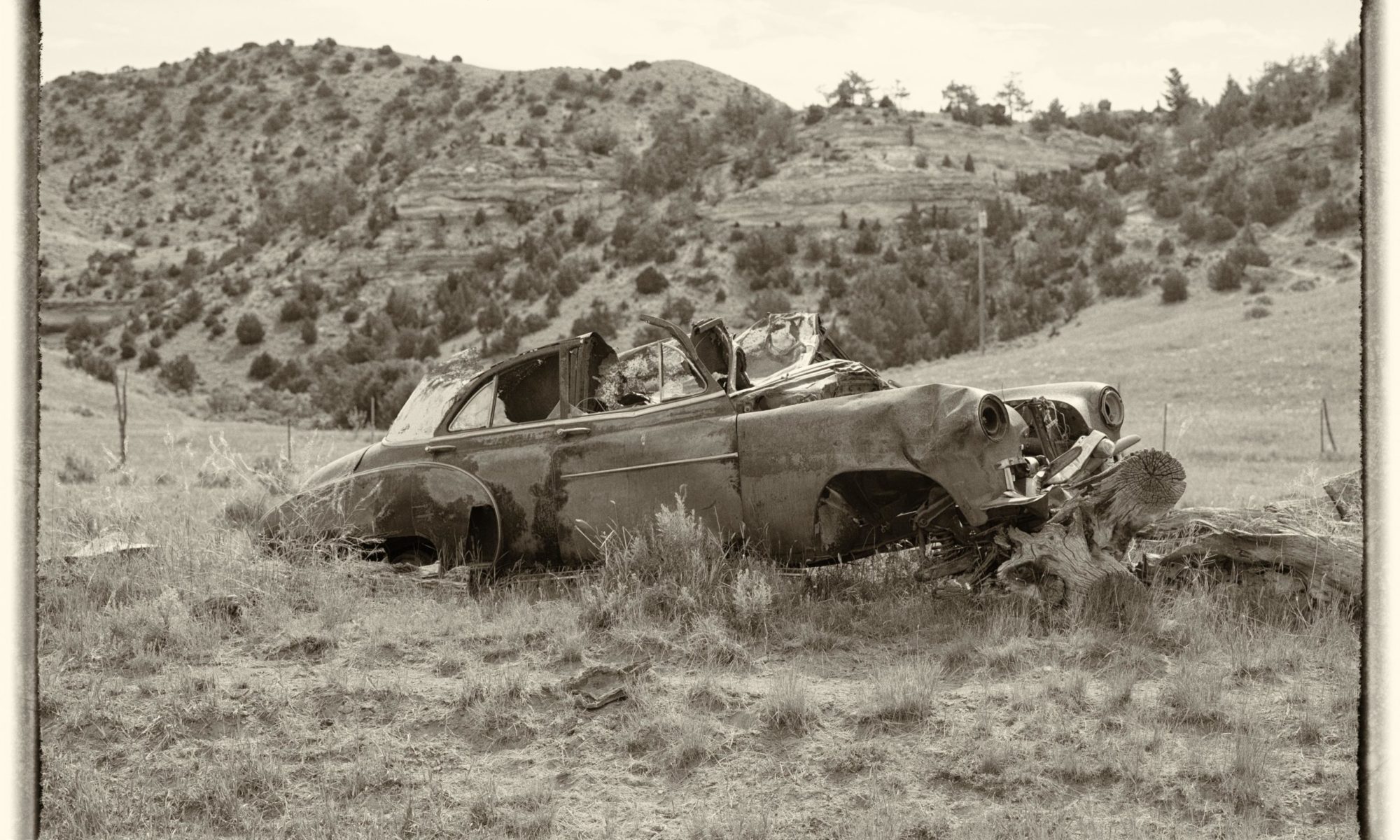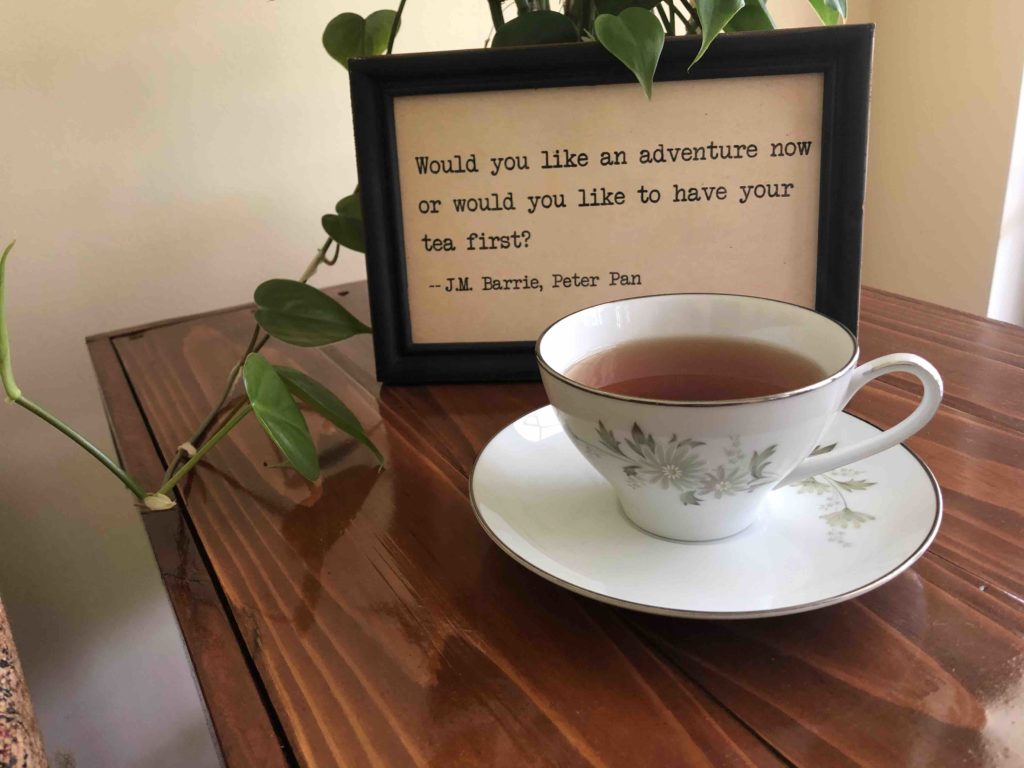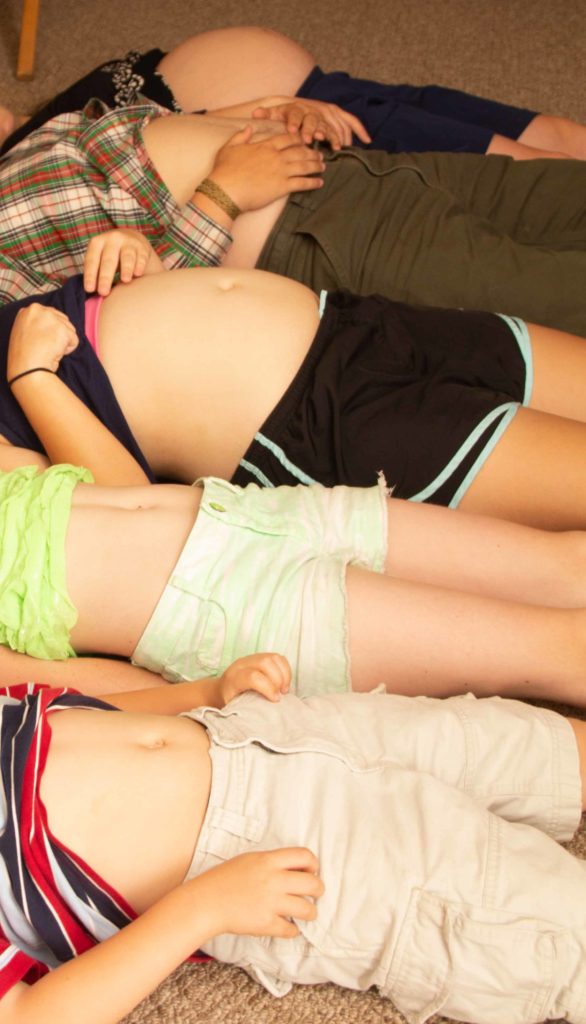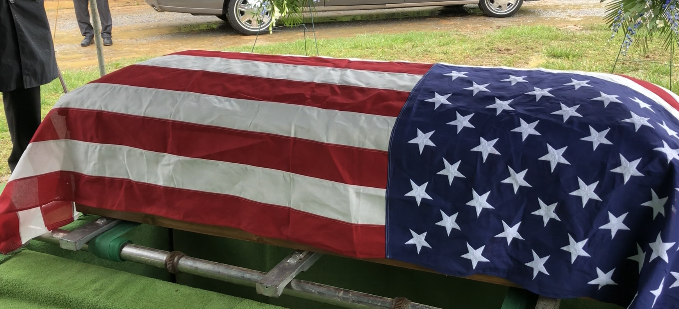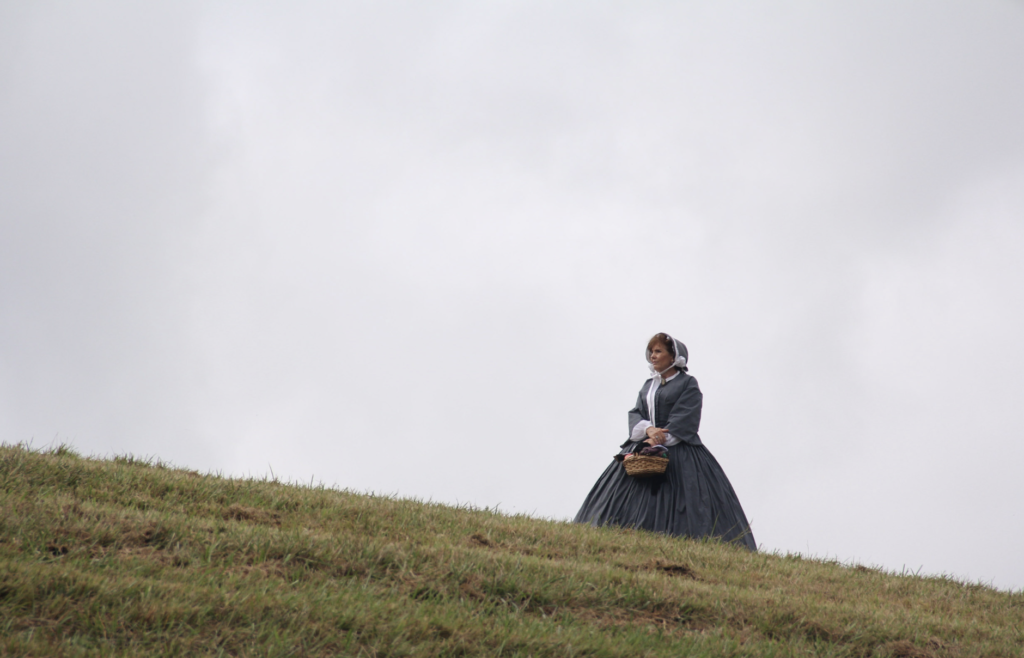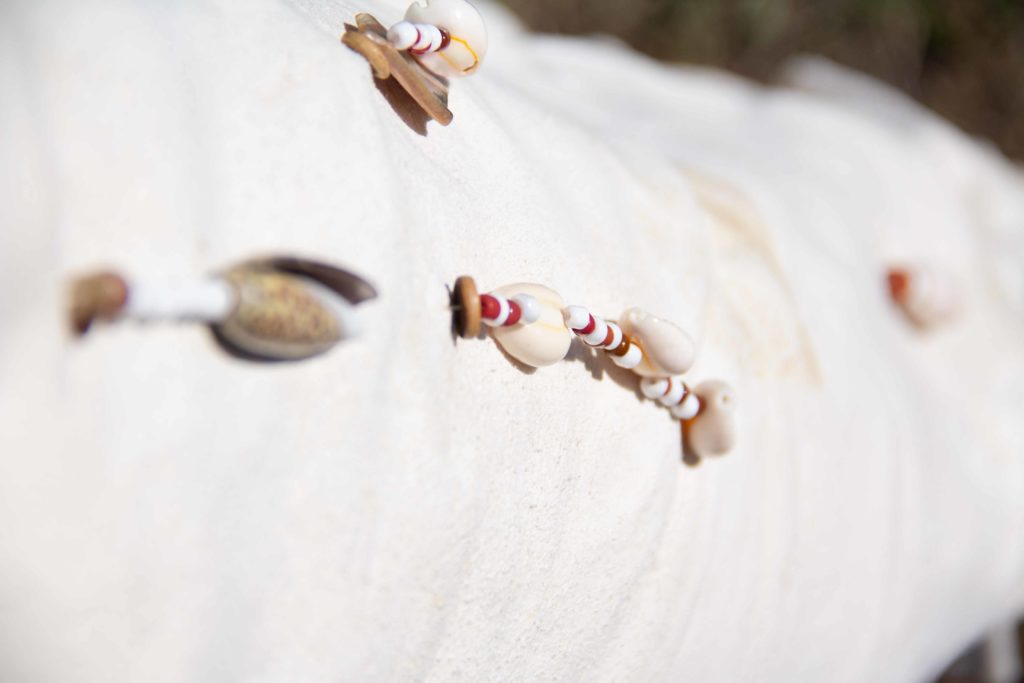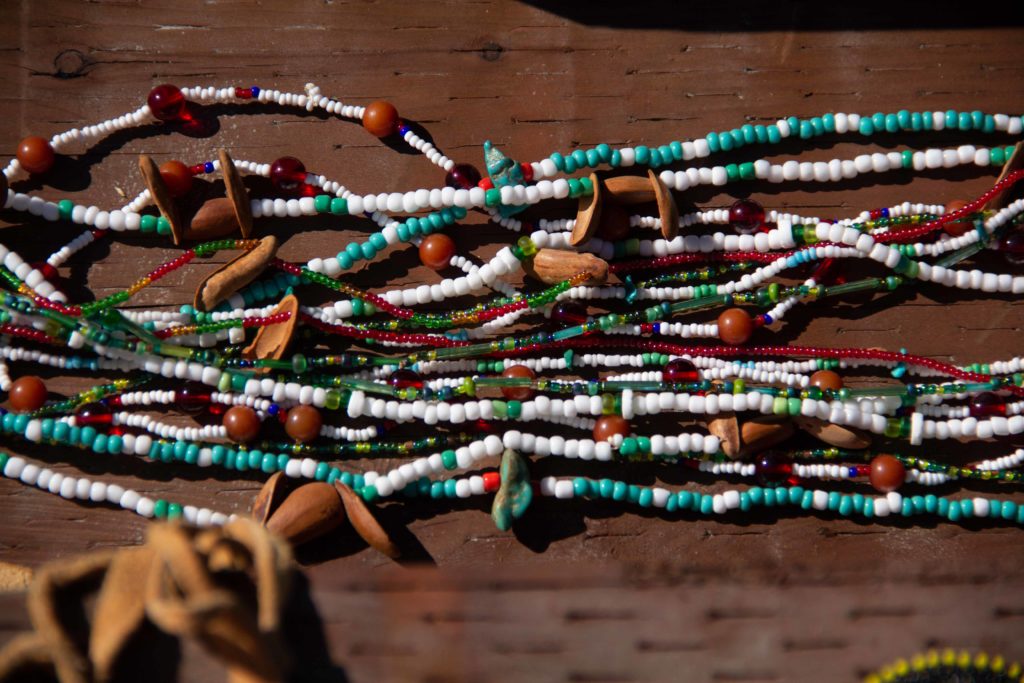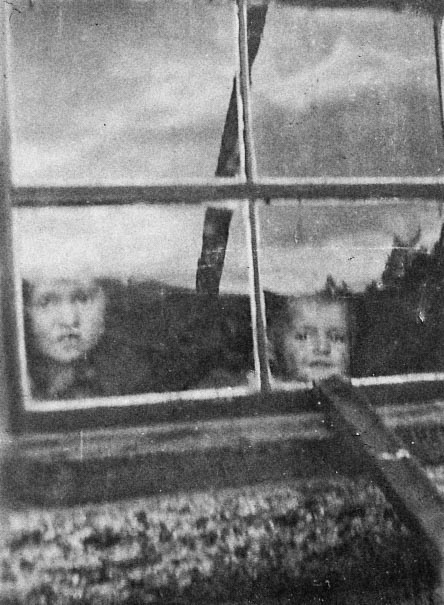Well, I had my tea….. so now it’s time for an adventure …
Bald Heads and Baby Bumps
Many a mother-to-be has guarded her baby bump from unwanted hands stretched out to rub that expectant belly. I will admit that I, too, have had the urge, but refrained until I had permission. Feeling the movement of a new little life inside a swollen belly is fascinating as well as miraculous. I’m sure there must be a shirt that says, “Don’t touch!”
It’s not just baby bumps that get rubbed, but also bald heads. I have a good reason for liking to rub bald heads. My granddad had a bald head, well, except for an occasional wild hair that stood up straight. When I was a teeny little kid, my granddad told me if I rubbed his bald head, it would make his hair grow. I believed him. I could walk in the room, come up behind him, rub his head, and he’d say, “Hullo Sheri.” Every time I visited him, I rubbed his head – even until his dying day.
Now I don’t suggest that you walk up to a random stranger and rub their belly or their bald head. Do you want someone to rub yours?
Healing
Unexpected things come into our lives from time to time, things that might bring great challenges and burdens, or overwhelming grief. These seasons of life can be so disquieting, they threaten to consume us. Don’t’ be lured into that trap!
You can use your troubles or grief to bring healing to others. Those experiences become a rite of passage, joining the ranks with those who have suffered similar ordeals. They offer opportunity to sympathize with others who find themselves facing the same challenges. It makes a great difference when someone who says, “I know how you feel,” really does.
Though we don’t enjoy that portion of the journey, I hope you are thankful that because of your sorrow, sickness, or fear, you have had the occasion to help others along the way. In so doing, we often find that we are the ones who have benefited from the encounter and brought healing to ourselves in the process.
Just Sayin’
A variety of factors have influenced the way the English language is spoken by many Southerners. In some regions, the accent is so thick you can almost cut it with a knife. Just because the speech is slow, that in no way should be interpreted as a sign of ignorance or of being uneducated, which is the stereotype often pinned.
I know Southerners who have to talk in a slow southern drawl because their words grow longer with all the added syllables. People in other areas of the country have been known to mock the Southern accent while others are mesmerized and say, “Talk some more,” just because they are so entranced with the tranquilizing drawl.
I will admit there is something comforting to hear an older proper Southern lady linger over every elongated vowel and drop her r’s in her slow-as-molasses words. They can get by with saying anything, especially when they add, “Well, bless her heart.” Don’t dismiss the younger gals either. I would guess that many a northern lad has found himself melted and entrapped by the accent of a Southern belle with a slow, sweet, drawn-out drawl.
When my son started kindergarten, he was enrolled in a private facility. The teacher was a sweet Southern lady that dripped honey when she talked. One day when my little boy came home from school, I asked him, “Did you have a good day? Did you make new friends?” Yes, he made a new friend. I asked, “What’s his name?” He responded, “His name is Jeremi.” I said, “Oh, you mean Jeremiah.” “No, his name is Jeremi.” “I think it’s really Jeremiah.” He gave an emphatic NO. “No, my teacher said it was Jeremi.” I asked if he knew how to spell it. I spelled the boy’s name and said, “That is Jeremiah.” He argued, “But my teacher said it was Jeremi.” I then explained that his teacher was a sweet little Southern lady with a Southern drawl and that was just the way she talked. At that time, I wondered how I would get my little boy to learn the English language.
Now, some of you might laugh at that, but some of you folks pahk your cah. Some of you can’t say egg, but rather you say ag. Some can’t say agriculture but say eggraculture. Some of you fine folks go to the crik instead of a creek, and get a creek in your neck instead of a crick. Some eat peecan pie. Some live in Ne-Vah-duh instead of Ne-VAD-uh, or in Colo-rad-oh instead of Colo-rod-oh.
Just sayin’….
She Said What?
Have you ever opened your mouth and unexpected words erupted from your lips? Have you ever gotten your syllables twisted and the wrong words came out? Were you shocked when you realized what you actually said? Did you glance around quickly to see if anyone noticed? Yep, they noticed!
In my many years of customer service working with the public, I have seen lots of things along the way and quite a variety of people, including those in the workplace. I have also heard things that brought shock, laughter, and surprise.
Twenty plus years ago, our institution offered a new deposit product for our Senior Citizens. It became one of our most popular accounts.
One day, an elderly gentleman on the other side of ninety-years-old shuffled in and approached one of our Customer Service Representatives to inquire about establishing an account. The employee explained all the benefits that came with the account. Being hard of hearing, the old man said, “Heh? What did you say?” The lady repeated the benefits, one of which was “free checks.” He said, “Heh? What did you say?” She yelled, “You get free sex with that.”
The world stopped as her words echoed all the way through the building. Immediately my wide eyes met those of my co-worker who sat closest to me. We tried to contain our surprise and our laughter with no avail. I was laughing so hard, I had to get up from my desk and go to the back. When the lady who misspoke realized what she said, she grinned just a bit but didn’t miss a beat. Of course, the man, though he made no indication that he truly heard what she said, told her, “I’ll take that account.” We figured if he really cashed in on the benefits, he would die of a heart attack.
For those who didn’t hear, word soon spread to employees and the public, to which they asked, “She said what?” Not long ago, one of our older customers asked if we still offer the same benefits with that account. I said, “No,” she doesn’t work here anymore.
A Day’s Ride
The day arises
and shakes off the night
as the sun erupts through the eastern sky
Through country roads
and little towns
laden with historic treasures
Stories beg to be told
toothless men sitting
on wayside benches
Drinking tea from quaint shops
tales sparked by forsaken barns
shattered glass and fallen timbers
Rolling hills
through southern mountains
dense forests
with water falling from rocky mountainsides
streams cut a path deep into the earth
Fields in open valleys impatiently wait
for the coming summer
seeds placed within her warm bosom
impregnated to bring forth new life
a blanket spread among wildflowers
the colors of the evening sky
paint a brilliant sunset from her pallet of oils
twinkling stars scattered
against the darkening canvas
The Night of the Twenty-Third Psalm
By my guest author, my dad. I ran across this poem he wrote that speaks to the heart in various seasons of life.
It is night.
The bats have left their caverns.
The moonless hills are filled with danger.
And Saul’s armies stalk the valleys.
The shepherd huddles in a cave.
A boy beside him weeps in fear.
There is loneliness
There is homesickness.
Agony, trial, and danger.
The night is dark, will morning come?
Will the shepherd hear the laughter
Of home, his brothers and sisters?
Or will the soldiers that hunt him
Rob his parents of this ‑ their son?
Across the hills other shepherds wait.
Their glowing fires defy the night.
Their laughter mocks pain, and fear, and danger.
But, here, the damp den in the mountain
Is devoid of merriment.
An angry stream pours by the cave.
Its waters are turbulent ‑ like the heart.
The cataract gushes through steep canyon walls
That form a valley of death in a night of despair.
Somewhere men rest in comfort.
But here a boy weeps in hunger.
A shepherd seeks courage for a single hour.
And a guard stares intently at the black maw of the valley.
You and I, the weeping boy, and the man who guards
Can see no hope in the loneliness,
In the homesickness,
In the agony and danger.
But another man,
Strengthened by trial is not defeated.
His lips move to pay homage
To the God who watches in the midst of danger.
“The LORD is my shepherd,” the hunted man says.
“I shall not want …”
And hunger knots his stomach
And fears stalk through the night.
But the words spring to his lips
While the faint light in the east promises dawn.

The sheep posed for this pastoral photo beside an irrigation ditch in Montana
Just Passing Through
The first time I remember seeing a Native American Indian was when we took a trip to North Carolina when I was a little girl. I was fascinated at the old Indian who stood in front of a store dressed in buckskin and wore some sort of headdress. I know I stared at him, but I had never seen anyone like him before. He looked tall, regal and wise in the lore of his culture. I guessed he was an Indian Chief. That image was etched into my memory.
When we traveled out west, my brothers tried to scare me by telling me that Indians would jump from behind the rocks and scalp me. I rarely believed anything my brothers told me, and that time was no different. It seems that we always went through at least one Indian Reservation. I kept my eyes opened not because of what my brothers said but because I was intrigued. We would stop at the general store, pick up a trinket or two and get a drink. Of course, the highlight was seeing the Indian people. History produced a certain romanticism of the Native Americans, some depicted as noble, some as savage. Even at that young age I thought the treatment towards the Indians was a great injustice.
Stories of Native Americans were nothing new to us. We grew up with stories of Indians intertwined with the lives of my family. My granddad told tales of Indians following alongside his family’s wagons trailing from Oklahoma to Montana. The Indian braves were just as fascinated with the travelers as the travelers were with them. When my great grandfather and others gathered around the evening campfire and played their fiddles and other instruments, some of the Indians joined them. As the old fiddle tunes were played, Indians moved in rhythm with the music and danced around the flames that licked the night sky. They attempted to coerce my aunt to join in their merriment. One Indian brave tried to work a trade for Old Bill, my granddad’s horse, but he would not make the deal.
My great aunts and uncles and my grandmother passed down tales of when their family lived in New Mexico during the time of Apache raids. Those living on small ranches and farms were more afraid of the white men on the large ranches who tried to strong-arm them into selling their lands and herds. One of my favorite stories was that of my great grandmother who claimed to be an Indian Princess on one occasion when Apache braves rode up to their house on the ranch. Upon seeing her little blue-eyed blonde-haired boy, they threatened to bash in the little “gringo’s” head. Her quick thinking and claim as Chief Victorio’s daughter saved those at her home that day as well as offering a hedge of protection for their ranch.
My grandmother was a supporter of St. Labre Indian School in Ashland, Montana. We stopped there on occasion during our trips west, and visited the campus, museum, and gift shop. My father continued to support them after my grandmother’s death.
Even now when traveling across a reservation, I feel like an outsider, a stranger looking through a window, just passing through.
Light in the Darkness
I remember my first long trip to the Northwest. That was an unforgettable experience for several reasons. For one, the car was jam packed with kids, so I rode in the back window for a good bit of the trip. Of course, I was the one who fit that space best. That was memorable enough, but it also offered a great view of the sky and the landscape. The changing scenery fascinated me. The further west we went, I noticed big black spots that moved over the open countryside. I soon discovered those dark patches were shadows from the clouds.
Somewhere along our westward road, in Missouri, we took a side trip to visit Crystal Cave. We went into the dank, musty, dark cave. I sensed darkness lurking in the far recesses and corners, yet the darkness could not snuff out the lights that illuminated our path. As we went further into the belly of the cavern, it opened up into a big room. It may have been just a little girl’s imaginary recollections, but I remember rickety wooden steps that went down, down, down. Our guide told us stories of the Indians who one time frequented the cave. My imagination took over as I noticed drawings on the cave walls and thought of what it would be like in complete darkness. I was scared! My daddy picked me up and carried me. It did not matter how dark the cave was or how unsteady the path, I felt safe in his arms.
On our journey of life, we often experience dangerous days and stormy dark nights that threaten to expel the light. Those times may cast shadows, but they do not rule over the day. The weight of darkness can be thick, and oppressing. Yet, a ray of light ever so small penetrates the black of night and shatters the obsidian shroud that closes in around us.
.. and the light shone out of darkness..

cave entrance
Little Sisters and Bum Lambs
A story about a little sister by my daddy
Even little knobby kneed kids do some growing up before they are out of the first grade. Take Mary Jane for instance. She was our kid sister who was born ten years after the rest of us.
“Mary, Maary!’ Mother was calling Mary Jane.
The wind whispered through the fir trees behind the house. A rooster called his harem to a worm he’d scratched from the ground. But no answer came from my six-year-old sister. Not that it mattered. She was bad medicine to a teen-ager. Besides, she always showed up in time for supper.
“Call the dog,” Ellen said.
For being another girl, and two years older than I was, Ellen was pretty smart.
Mother called again. “Jerry.”
Our collie was named after some guy Ellen thought was cute.
“Here, Jerry.”
“Yap. Yap,” the dog answered from behind the hen house. At eating time, he didn’t need to be called twice.
Jerry materialized loping down the hill. Like Ellen predicted, baby sister was behind him, and Gangly Legs was following her. Gangly Legs was a bum lamb. Sheep can get mixed up. But, when it came to confusion, this one was a champion. He didn’t even know he was a sheep. He thought that he was a brother to a collie dog and that Mary Jane was his mother. Imagine having a stringy haired kid for a mother! How mixed up can something get?
Of course a bum lamb is mixed up to start with. You see, a bum is a lamb so ugly that his mother won’t claim him. Or, at least, that’s what I told Little Sister when Uncle Gus brought the lamb to her.
Mary didn’t accept what I said. “Ugly, nothing!” she retorted. “Uncle Gus said he was a twin, and, besides, you wish he’d have brought him to you.”
She fastened a floppy nipple on a pop bottle and fed the motherless lamb some milk. Old Gangly Legs clung to the bottle and worked his jaws overtime. He bumped with his nose when the milk didn’t come fast enough to please him, which was all the time. His legs shook and he panted and chewed. His stomach puffed up like a balloon. Flop, flop, flop – he wiggled his tail steadily, and when the milk was gone he ran over to Jerry, grabbed one of his ears and chewed on it. His tail kept time with is jaws.
“Look,” Mary Jane squealed. “He’s still hungry.”
Fortunately for the dog, the hunger dissipated, and both lay down on the lawn.
“He thinks he’s a dog,” I said.
“He knows what he is. He’s a cute lamb.” Mary stomped into the house.
I guess in a way she was right for a skinny legged six-year-old. Anyway, Little Sister had a lamb to raise. The critter thrived on the attention he received. One thing for sure, he was lucky. Lots of lambs would die if someone didn’t take special care of them.
Like I told Mary, “A mother sheep will just walk away and leave a lamb if she doesn’t like his looks.” Sometimes a ewe (lady sheep) will give birth to two or three lambs and have only enough milk for one. Besides, some old ewes just give up and die right after they’ve had a young one. Like I said – a long necked lamb would make any smart mother kick the bucket. Luckily Gangly Legs had Mary Jane for a mother, and she wasn’t in any danger. She thought that the lamb was beautiful.
He thought he was a dog and spent his spare time jumping in and out of the doghouse and chewing on Jerry’s ears. That year we had a crazy place guarded by a dog-eared dog.
“If he chewed on me, I’d bite him,” I said.
“That’s because you’re not as nice as Jerry,” Mary Jane answered.
But who wants to be nice if a chewed ear is the reward you get?
Summer changed to fall. The stupid lamb was still around – all eighty pounds of him. He wasn’t gangly anymore, but he still thought he was a dog. Even Mother said that if he’d only eat dog food he’d probably take to running cars. But one day all that changed. That was the day Uncle Gus’ sheep flock ran away.
The sheep had crawled through the fence before. But this day, when they got out, they made a beeline for our house. Old Jerry barked three panicked yelps and made a dive for the doghouse. I guess he thought his ears were gone for sure. Instead of following him, Gangly Legs stood staring at the sheep as they filed into the yard.
A stupid faced old ewe and a plump lamb stepped away from the others. The ewe walked up to Gangly Legs. She smelled his nose as if to say, “You’re my long lost lamb. You’d better come home.”
The plump lamb bumped Gangly with his head. “Brother, I’m tougher than you are.”
Knobby kneed Mary Jane stared big-eyed as her pet nuzzled against the old ewe and started nibbling on her ear.
“See,” Mary Jane said. “He knew he was a sheep all the time.”
I started to explain that Gangly probably thought that the sheep was another dog, but just then Uncle Gus came walking up the road. He was looking for his sheep.
“Come on woolies,” he said.
The stupid flock turned and followed him home.
Gangly Legs went with them. For a minute I thought that Mary Jane was going to lose her cool. She puffed up like a bullfrog ready to explode as she watched her lamb go. Then she stared me straight in the eye. “I raised the biggest lamb of the whole bunch,” she said. Then it came to me that maybe a six-year-old can think some grown up thoughts – like a mother thinks when her children grow up and leave home……I don’t know. But for a few minutes my little sister looked big and seemed super smart for a skinny, knobby kneed girl.
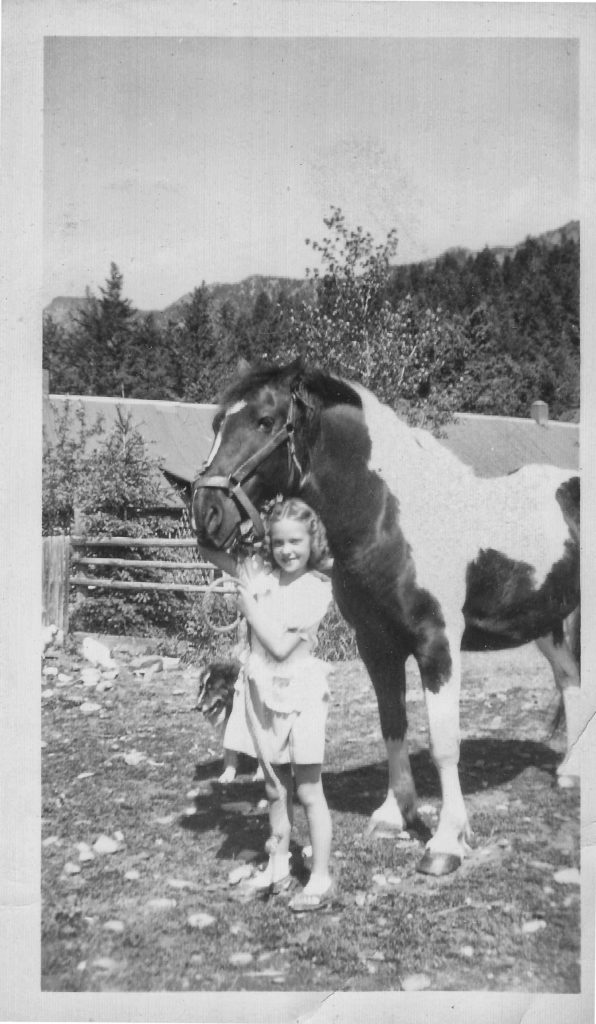
Knobby kneed little sister
